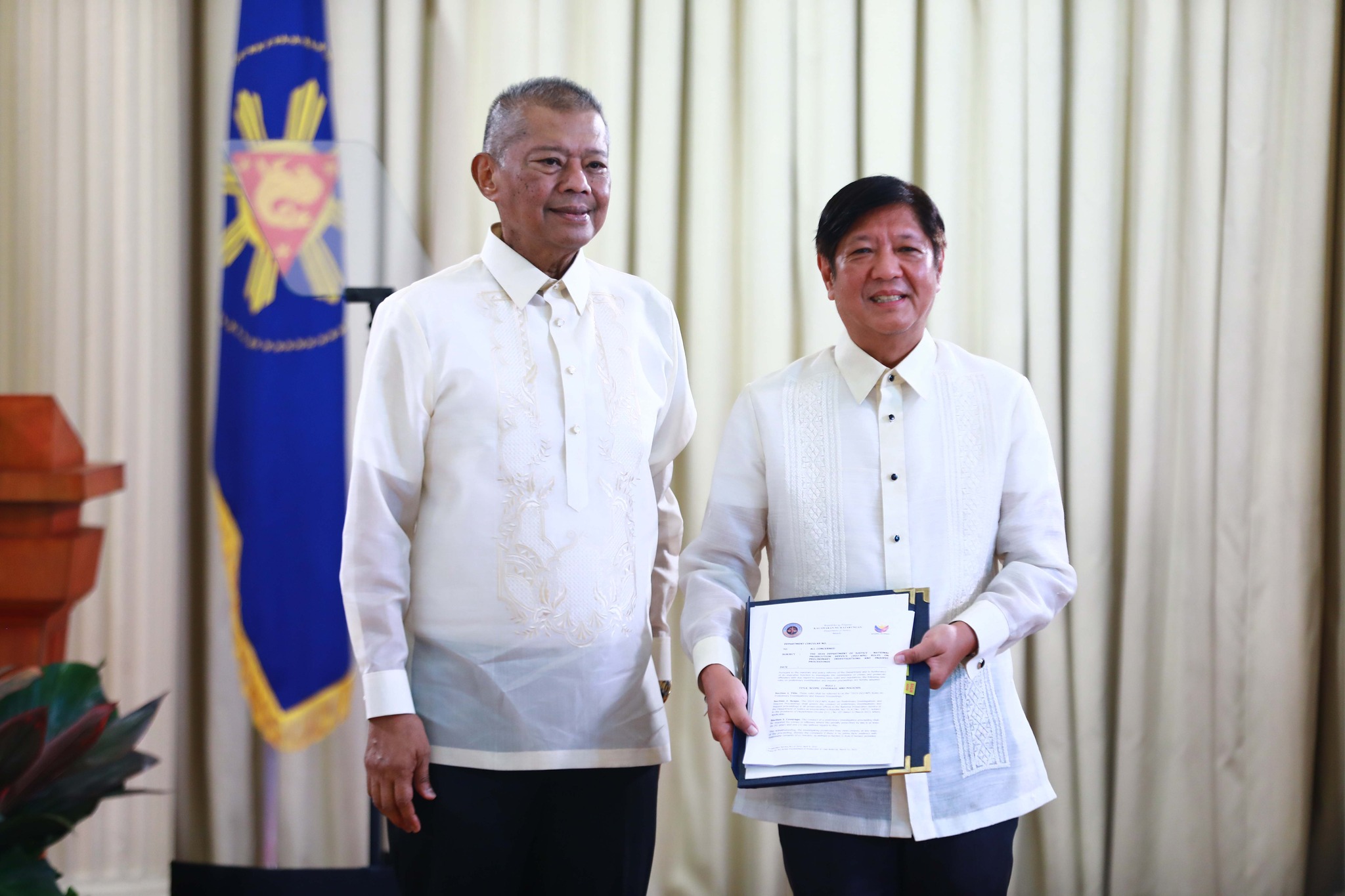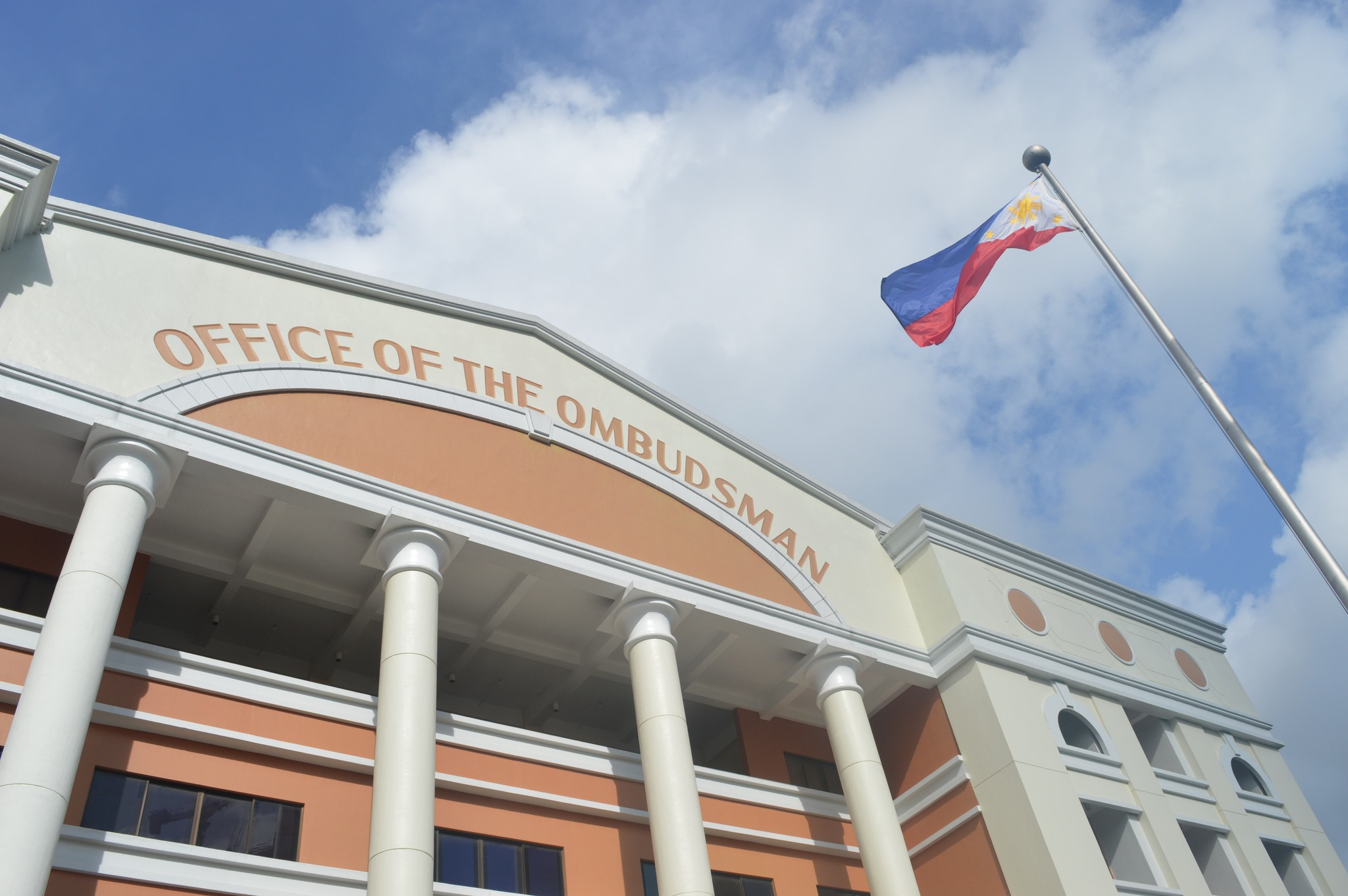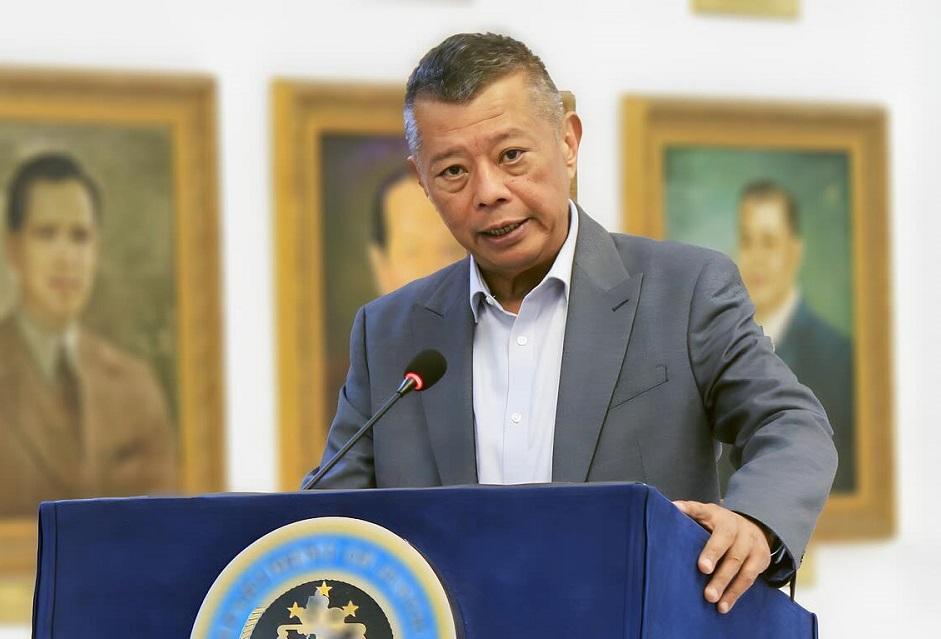MANILA — Justice Secretary Jesus Crispin “Boying” Remulla has been appointed by President Ferdinand Marcos Jr. as the new Ombudsman of the Philippines, succeeding Samuel Martires, whose term ended on July 27. The appointment, confirmed by Malacañang on Tuesday, marks another major reshuffle in the Marcos administration.
Remulla, who served as Secretary of Justice since 2022, will take on a new seven-year term as the nation’s top anti-graft official. His appointment comes at a crucial time, with public calls growing louder for stronger accountability in government following controversies surrounding multibillion-peso flood control projects.

In a statement, the Presidential Communications Office (PCO) said the President’s choice reflects his trust in Remulla’s “commitment to integrity, fairness, and transparency,” emphasizing that his leadership will play a vital role in strengthening the country’s fight against corruption. The Palace also reiterated that under the new Ombudsman, there will be “no sacred cows, no exemptions, and no excuses” in pursuing justice.
A New Challenge Ahead
Remulla steps into the post amid intense scrutiny of several government agencies over alleged irregularities in infrastructure spending. Speaking shortly after his appointment, he vowed to act swiftly on the flood control projects controversy, which has sparked public outrage and congressional inquiries.
“We will validate all data submitted to the Ombudsman and speed up the process,” Remulla said, assuring that his office will not delay investigations that concern public funds and trust. He added that his experience leading the Department of Justice has prepared him for the independence and rigor demanded by his new post.

Political observers note that the Ombudsman’s position is one of the most powerful and sensitive in government—tasked with investigating corruption complaints and disciplining erring public officials, including those in high office. For Remulla, the challenge will be balancing public expectation for accountability with the constitutional duty to maintain impartiality.
Transition and Continuity
With Remulla’s transfer to the Office of the Ombudsman, Undersecretary Fredderick Vida is expected to assume the role of acting Justice Secretary. The Department of Justice, under Remulla’s leadership, handled several high-profile cases and pushed for reforms in the Bureau of Corrections, the National Bureau of Investigation, and the country’s witness protection program.
Supporters of the appointment welcomed the move as a continuation of the administration’s drive to restore public confidence in government institutions. However, critics and rights advocates urged vigilance, calling on Remulla to demonstrate independence and fairness, especially in politically sensitive cases.
Restoring Public Trust
As he assumes office, Remulla faces a public eager for tangible action against corruption and inefficiency. His promise to expedite investigations and uphold transparency has sparked cautious optimism among civil society groups.
“The Ombudsman’s office is not just about filing cases—it’s about restoring people’s faith that government can still deliver justice,” said one political analyst. “If Remulla delivers on that promise, it could reshape how Filipinos view accountability in governance.”
The new Ombudsman’s tenure begins amid one of the most challenging periods for Philippine governance, with pressing demands for clean leadership, effective institutions, and public accountability. Whether Remulla’s appointment signals real reform—or merely continuity—remains to be seen, but all eyes are now on the man tasked with defending the nation’s moral compass.







